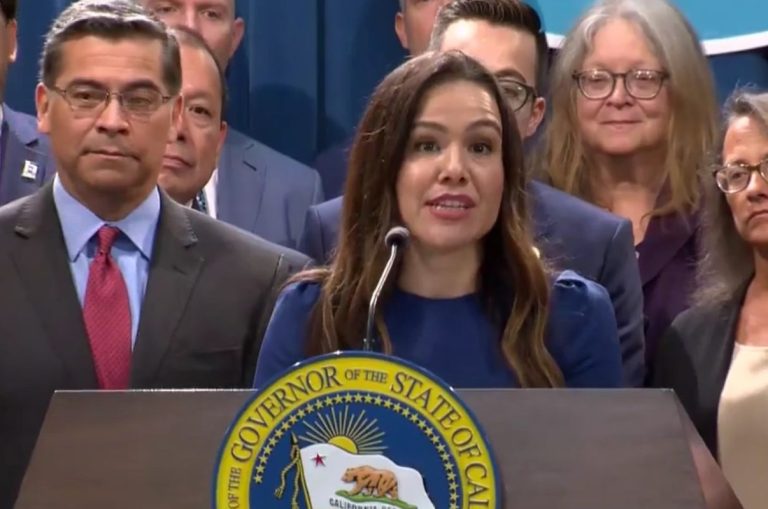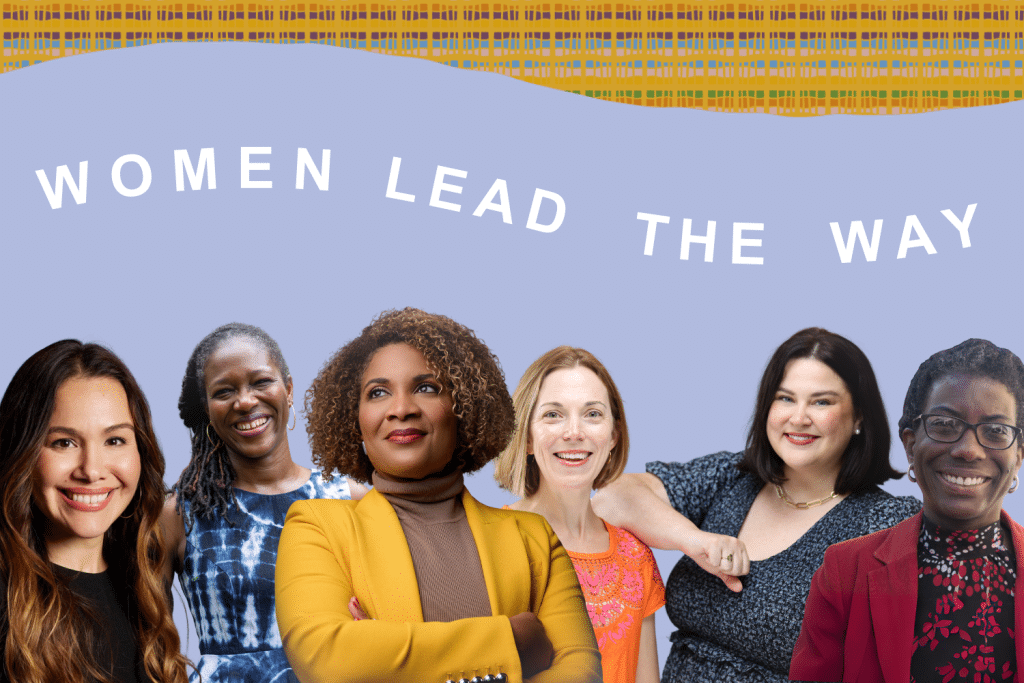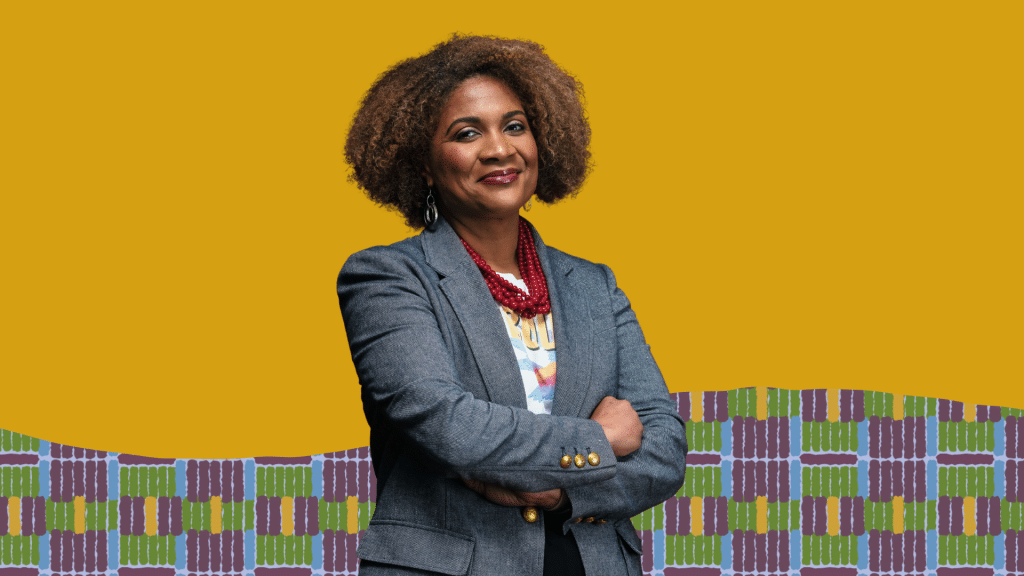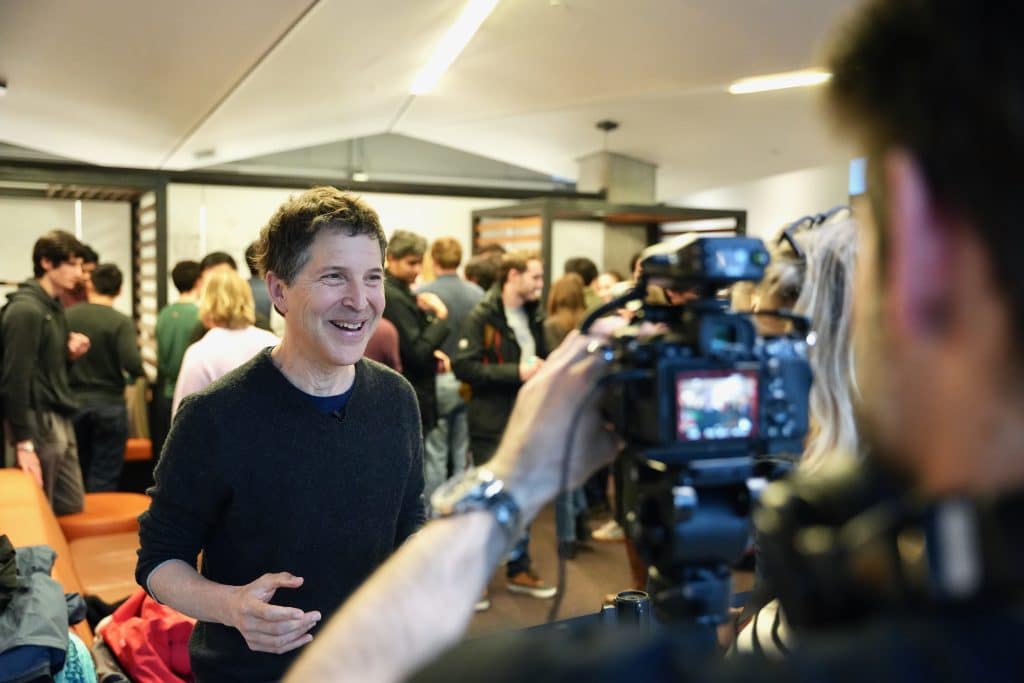When evaluating the accessibility of a healthcare resource, The Children’s Partnership President Mayra E. Alvarez often thinks of her mother.
She asks herself whether her mother, an immigrant from Mexico who raised four daughters, would be able to navigate a specific application form or registration process easily.
Growing up in San Diego, Alvarez witnessed firsthand how her parents navigated the challenges of a complex health care system with barriers embedded in every step. Even as a child, Alvarez knew she wanted to do something to make sure that families like hers could have more support.
Alvarez’s passion for helping others flourished in college as she began taking classes on public health.
“I took a course on racism and violence as a public health issue and it opened my eyes to the idea that who you are and your skin color are these limiting factors in your wellbeing,” said Alvarez. “The idea that you could impact the wellbeing of your community by being in public health was just an incredible idea to me.”
Today, in her role at The Children’s Partnership, Alvarez works alongside her team to ensure that every child can lead a healthy life, including access to quality healthcare.
In recent months, Alvarez and her team have been focused on addressing the loss of health insurance for many children in California since the ending of certain protections during the recent public health emergency.
During the COVID-19 pandemic, California families were not required to renew their Medi-Cal insurance coverage and instead stayed continuously enrolled. But as California unwinds this practice many families and their children are not being re-enrolled.
The Children’s Partnership, with a coalition of diverse partners across the state, is working quickly to find ways to reenroll families. One solution is to enable Medi-Cal to use accessible data sources like information from other programs to determine if people are eligible – what is known as “ex-parte” renewals.
“Overwhelmingly, people stay eligible for the program. So, if we can use sources that are accessible to us already why put the onus on that individual?” said Alvarez. “People are stressed, they have kids, they have responsibilities. Let’s make enrollment as easy as possible.”
A large theme for Alvarez in her work is making sure that public programs are serving people that they’re intended to serve. She believes that advocacy doesn’t stop once a piece of legislation is signed.
In many cases, the people who the policies seek to impact are unaware of the benefits they qualify for. Those who would provide new services and benefits, such as community health workers, are also unaware of changes and how they can bill for their services. And in other cases, such as continuous health coverage for children, the policy is contingent upon available funding, so continued advocacy is needed.

“Recurring through all of the work is how do we improve our health care delivery system to better meet the needs of the diverse communities of our children and families?” said Alvarez. “And that’s both through centering the experiences of community members by valuing community health workers and promotoras and culturally defined approaches to healing which are often not the typical health intervention.”
At The Children’s Partnership, Alvarez has also worked to support expansion of health insurance coverage to undocumented Californians.
“It’s a tremendous opportunity to expand coverage to everyone who calls the state home and to open the door to coverage to everybody,” said Alvarez. “We know that when parents are covered, their children are more likely to be covered too.”
The Packard Foundation has been a long-time partner of The Children’s Partnership supporting efforts to boost innovation, equity, and access within California’s health care system. The Foundation has also provided The Children’s Partnership with organizational strengthening support to contribute to the growth and sustainability of Alvarez as a leader, as well as the overall impact of the organization and its work.
Alvarez says her leadership style is marked by persistent optimism and a focus on incremental progress. She emphasizes the importance of investing in leadership growth, citing grants like those from the Packard Foundation as life-changing for her when she first took the executive role at The Children’s Partnership.
“I think leadership reflects your experiences and women bring with them a world of experiences that help create empathy, understanding, strength, resilience, in ways that make organizations and our collective work for children and families stronger,” said Alvarez.
Learn more about our work with The Children’s Partnership here.






